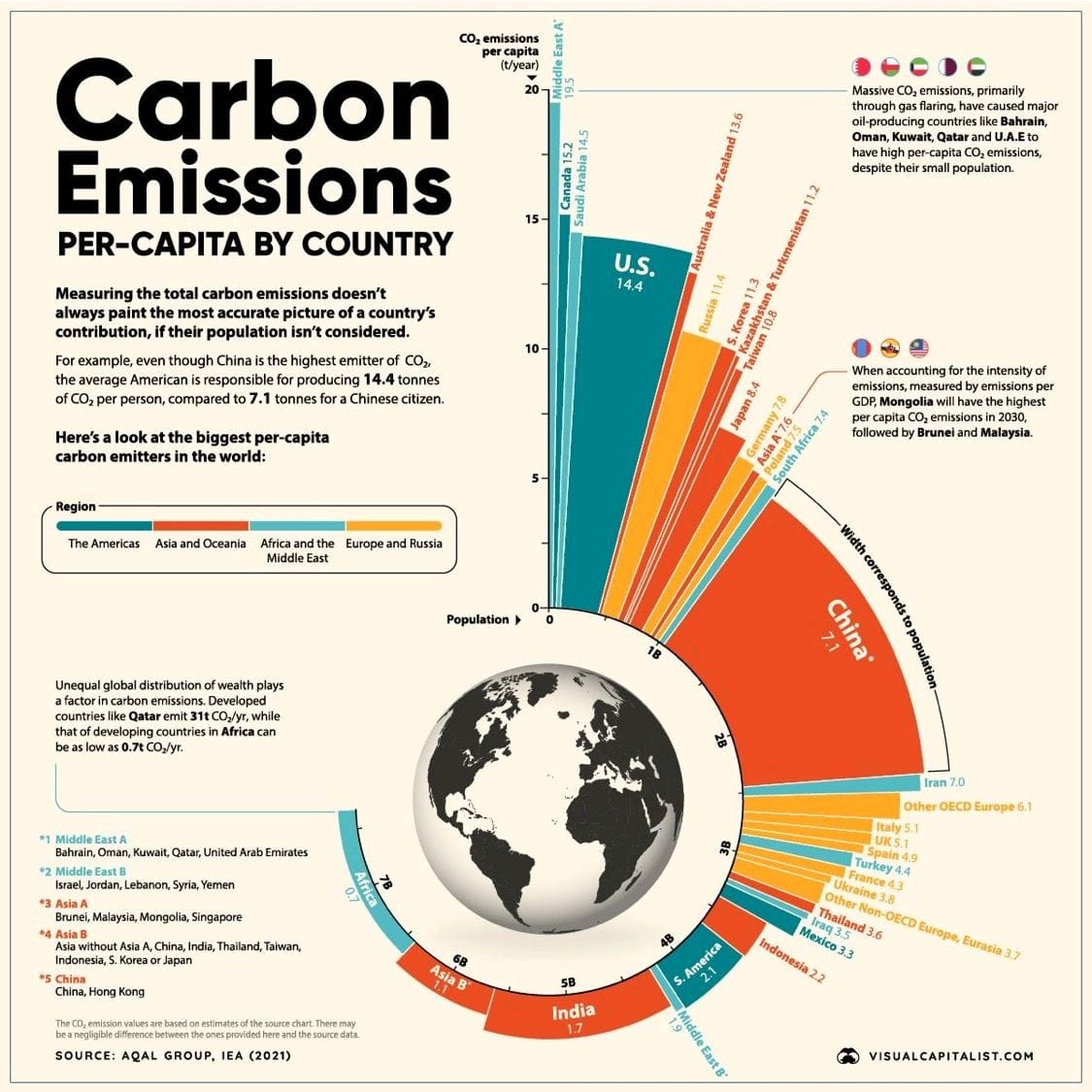Climate Change
Climate Change
https://countercurrents.org/2022/05/world-drought-gets-worse-cities-ration/
The planet trapping heat at double the rate of only 17 years ago is off-the-charts bad news and reason enough for the world’s leaders to go all-in on global warming preventive measures, and then hope and pray that it’s not too late.
Throughout Earth’s history drought has been a normal feature of climate change, but that’s the past. Droughts are no longer normal features. They are much, much more severe and longer lasting, for example, America’s drought in the West is ongoing for 20 years, the worst in 1,200 years, and it’s taken Lake Mead water levels down to 1937 when it first started filling up.
Along those lines, in an historic judgment, a Belgian court ruled that Belgium’s climate failures violate human rights, stating that public authorities broke promises to tackle the climate issue. 58,000 citizens served as co-plaintiffs in the case. To wit: “By not taking all ‘necessary measures’ to prevent the ‘detrimental’ effects of climate change, the court said, Belgian authorities had breached the right to life (Article 2) and the right to respect for private and family life (Article 8).” (Source: Drought: The New Global Calamity? The Kashmir Monitor, June 30, 2021)
It is noteworthy that Dr. James Hansen’s (Columbia University) most recent monthly temperature update states:
“Note monthly temperature anomalies on land now commonly exceed +2°C (+3.6°F), with the Arctic anomaly often exceeding +5°C (+9°F).”
10/05/2022
read more
https://countercurrents.org/2022/05/why-we-need-feminist-leadership-for-climate-justice/
It is increasingly clear that climate change is a social justice issue that can be resolved only if global inequalities are addressed. There is a well-documented wealth gap – reflecting historical injustices and unequal power relations – between the nations responsible for emissions and those forced to deal with their harsh effects, which range from flooding to droughts and wildfires.
For all too long, white men in the Global North – largely untouched by the catastrophic realities of climate change – have dominated the climate debate. Those in the Global South, particularly women and Indigenous communities, have been ignored. The result is emissions that are higher than ever and a lack of climate finance to support mitigation and adaptation actions, and loss and damage.
Meanwhile, business-as-usual ‘solutions’, such as carbon offsetting, seem to worsen rather than address global inequalities. Oil giant Shell, for example, plans to offset 120 million tonnes of carbon dioxide from its polluting activities with large-scale tree plantations that are likely to drive land grabs in the Global South.
As Kenyan environment and climate activist Elizabeth Wathuti said:
“If we are serious about tackling the climate crisis we need to start listening and feel the pain of those suffering the consequences already today.”
06/05/2022
The Scope of the Climate Crisis - [ECO]NOMICS Part 1 https://www.youtube.com/watch?v=AlFKMIfqaPE
Apr 27, 2022
Professor Juliet Schor (@Boston College) reviews the way economists have approached the problem of climate change. Conventional economists have misunderstood the problem and misdirected their attentions, producing policy recommendations that are not up to the challenge. Many economists have focused on technological innovation, believing it sufficient. Others have misdiagnosed it as a failure of government policy coordination, concluding it is an insurmountable political problem rather than an economic one. They overlook that climate destabilization has structurally inequitable causes and impacts. Economists have tended to analyze it as a market failure and their recommendations over-rely on market mechanisms of dubious effectiveness to correct it. Still others have taken out inadequate cost-benefit analysis toolkits to construct overly optimistic estimates of the impact of climate disruption on the economy. Economists have been central to the failure to respond to the crisis, and their approach has undermined action.
https://www.ineteconomics.org/perspectives/videos/eco-nomics
India Endures Record Heat Wave: ‘The Only Reason Is Global Warming’ https://www.bloomberg.com/news/articles/2022-04-29/india-braces-for-prolonged-extreme-heat-waves
The life-threatening, extreme temperatures have caused hours-long power blackouts and put millions of people at risk.
Thermometer readings have already reached 46 degrees Celsius (115 degrees Fahrenheit) in central and northern India, with two months to go before the monsoon season that typically brings cooling rains. They hit the highest since 1901 last month.- Mrutyunjay Mohapatra, head of the country’s meteorological department
https://www.ndtv.com/india-news/india-weather-extreme-heat-waves-set-to-stretch-into-early-may-2932060
- The World Bank and IMF Are Getting It Wrong on Climate Change
- Why renewables can’t save the planet
- Climate Crisis: Scientists Hit the Streets
- India’s coal demand to increase 63% by 2023
- Debt, Climate, Justice
- The latest IPCC report explained
- Mumbai Climate Action Plan
- Climate Change & Cities. And Infrastructure
- As India’s petrochemical industry expands, experts question how it will achieve its net zero target
- Climate Change is a Market Failure
- Oil companies to help write rulebook on whether new fossil fuel drilling is green.
- why China and India aren’t the climate villains of COP26
- Careers to Solve the Climate Crisis
- $80-billion hole in India’s net zero pledge
- World will need 'carbon sucking' technology by 2030s
- Reframing incentives for climate policy action
- What another part of the Leaked 6th PICC report says.
- warning on climate tipping points in leaked draft IPCC report
- Why equity is key to stopping climate change
- Climate change to deliver debilitating blow to seven Karnataka districts
- Small Hydro Power Projects Are Seen As Green. In The Western Ghats, Local Communities Disagree
- The climate crisis explained in 10 charts
- TIME!
- Phasing Out Unabated Coal
- Global Climate Action: Where Do Indian Banks Stand?
- The ‘net-zero’ greenwash
- UN Climate Change Report Explained
- Climate Alliance—or Climate Conflict
- What Must Be Done to Avert Climate Catastrophe? New Economic Thinking
- Climate hazards are threatening vulnerable migrants
- European Commission proposes ambitious climate change policies
- Trump’s Moves to Dismantle Climate Action


